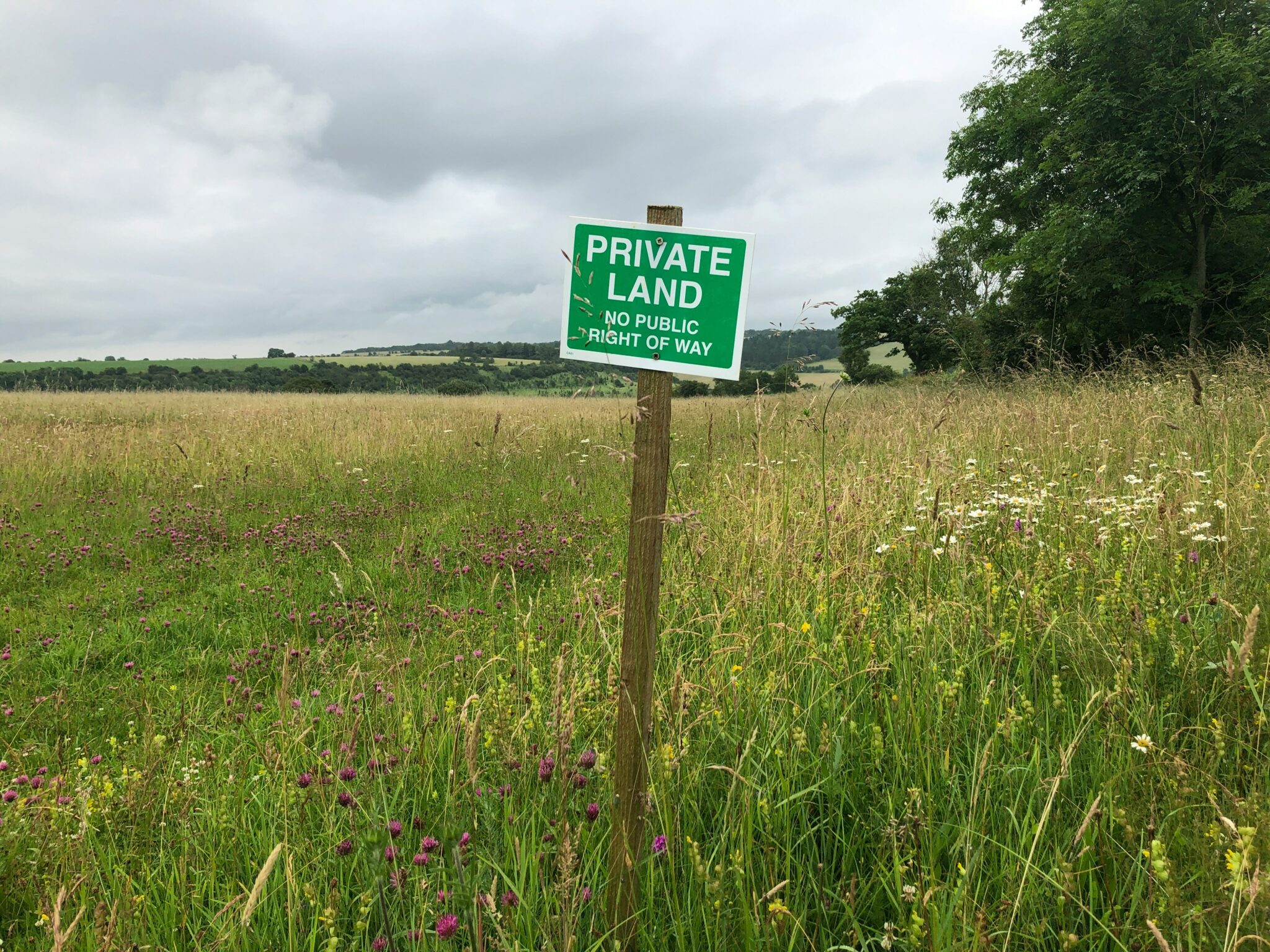Land covenants are a legal mechanism that restrict one landowner’s freedom to do with their property as they wish, and typically provide a benefit to another landowner or person who wishes to control a property that they do not own.
In New Zealand, land covenants are often used to fill large gaps in planning rules. Those gaps, if left unfilled, can allow the built environment to quickly become a mess of design, scale and use. In California, Home-Owner Associations are often the source and authority of rules similar to those that we see in NZ land covenants for residential estates, and combined with strict planning and zoning rules, it makes for an orderly and consistent built environment. Here, residential land developers use covenants to ensure a long-lasting quality and consistent built environment which they can take pride in for years to come. That’s important if residential land development is your business.
If you agree with the idea that parties are free to contract with each other without government interference, then you will agree that land covenants are useful, enforceable and sacrosanct. However, you may also take the view that anything that restricts a landowner’s property rights is something to be feared and despised. Somewhere between those two views is generally, I think, a balanced and possibly correct position.
Drafting a useful and long-lasting covenant is a complex exercise and should not be rushed. It is a balancing act between ensuring landowners meet certain fundamental requirements for how their property is used or how it looks (for example) and not shutting down property rights and limiting values. A big issue when drafting is how that covenant will be read and applied in the future, when things have changed, often dramatically in fast growing cities like Tauranga. We are often asked to interpret land covenants that were registered years ago, poorly drafted and which are now causing issues amongst neighbours, or which create more issues than they were intended to solve.
Covenants in large scale subdivisions are extremely problematic if errors are made, as once a covenant is registered and there are multiple owners, it is very difficult and expensive to vary or remove a covenant, whether that is by agreement between owners or by application to the Court under the Property Law Act 2007. The resulting arguments can also become very stressful and time consuming.
The Government has, in recent years, tried to squash freedom of contract and has written rules like section 277A of the Property Law Act 2007 which stop landowners from excluding organisations like Kainga Ora from buying land and building taxpayer funded state housing. Whether you agree with this or not, there are many rules and matters to consider when drafting and interpreting covenants, and good legal advice is critical.

